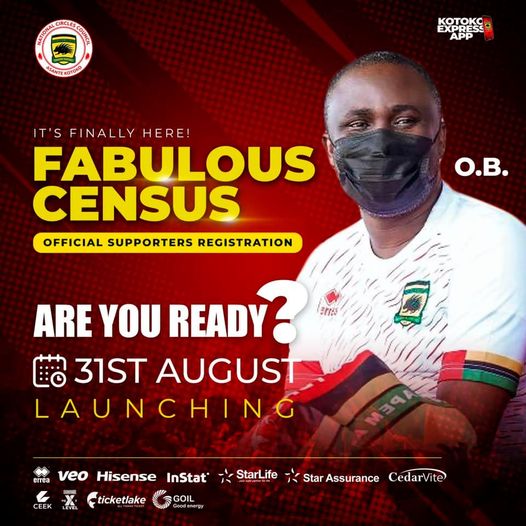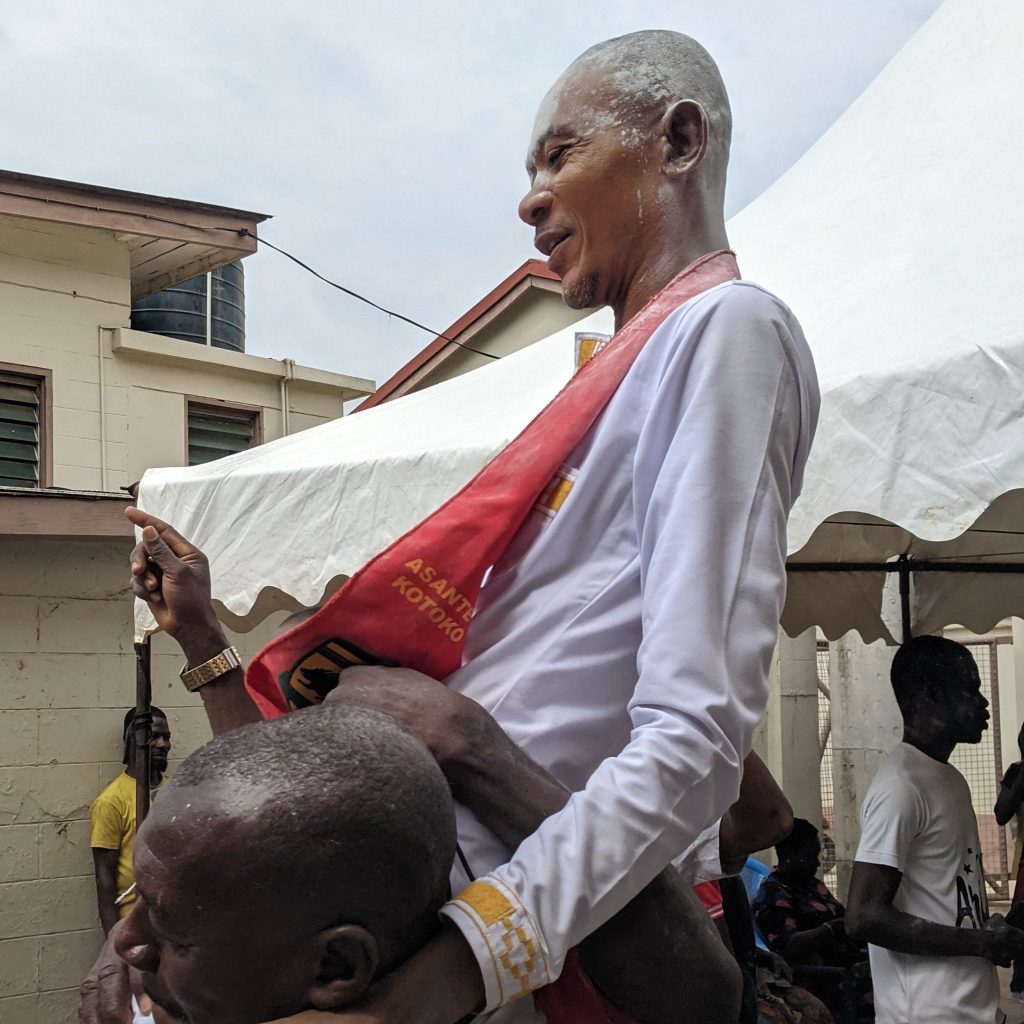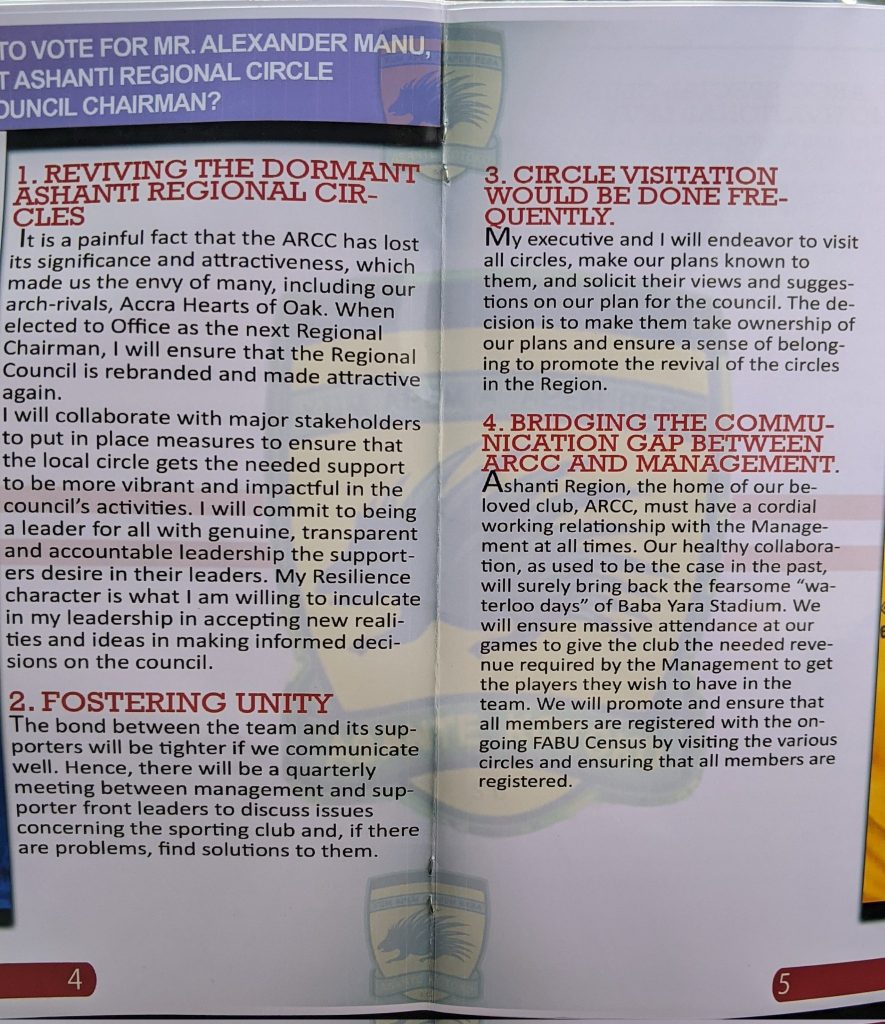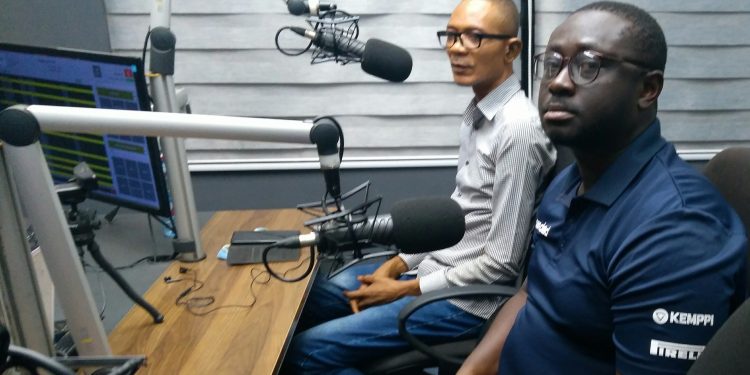The largest and most successful club in Ghana, named Africa's club of the century by the International Football Federation of History and Statistics (IFFHS), has established an official database that collects data on its supporters.

The Fabu Census, which was initiated during Nana Yaw Amponsah’s term in office, has been a source of revenue for the Porcupine Warriors, with several highly influential individuals registered.
The Asante Kotoko Management, in collaboration with the club’s National Circles Council (N.C.C) and software development company JimahTech Limited, launched the registration of the Fabu Census on August 31, 2021.
The implemented policy had seven benefits which registered Asante Kotoko supporters could enjoy, including official membership and identification.

The devoted fans who registered for the Fabu Census during the launch three years ago have not received their membership and identification cards.
Alexander Manu, Chairman of Kumasi Asante Kotoko’s Ashanti Regional Circles, has spoken out about why supporters haven’t received their cards, blaming Access Bank as the primary impediment to the Fabu Census’ success.
Alexander, the Chairman of the Ashanti Regional Circles, made a bold declaration during the Fabu Mmere program aired on Opemsuo FM in Kumasi last Wednesday.

He stated that the financial institution responsible for overseeing the mobilization of funds is the major obstacle to the well-being of the Fabu Census.
The Chairman of Ashanti Regional Circles, Alexander, boldly declared to Leonard Kusi Agyemang on Fabu Mmere last Wednesday.
“I will spill the beans, Access Bank has been our biggest obstacle to the success of Fabu Census, they are the sole reason why Kotoko supporters have deactivate their membership of the policy,” Alexander Manu confidently said.

He was specific on the negligence of Access Bank that has impeded the favourable result of the Fabu Census.
He stated, “Every Fabu Census contributor must receive a membership card, but in our case, Access Bank has refused to release the cards, and there are approximately 600 cards stacked in the office. I was one of the early supporters who piloted the policy, but I have yet to receive my cards.”






















